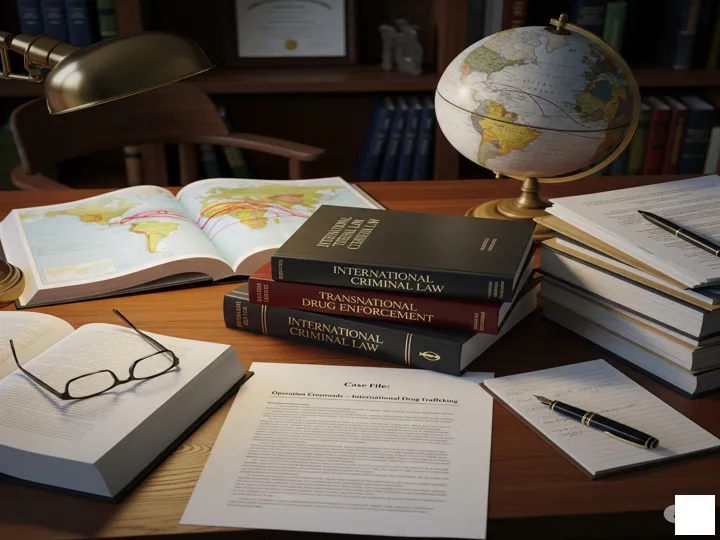Facing Drug Trafficking Charges
Being accused of international drug trafficking means entering one of the most serious and complex criminal proceedings in modern law. These cases often involve multiple jurisdictions, international investigative bodies, transnational wiretaps, and extradition requests. The stakes are high: not only a conviction but also personal freedom and one’s future are at risk.
Common Features of Drug Trafficking Cases
Multinational and Complex Investigations
Individuals charged with international drug trafficking often face long and intricate investigations, which may include:
- Undercover operations
- Seizure of international shipments
- Customs inspections
- Environmental and phone wiretaps
- European or international arrest warrants
Every detail must be carefully reviewed. A procedural error, an inadmissible wiretap, or a protocol violation by law enforcement can be key elements in building a strong defense.
The Most Effective Defense Strategies
A Tailored Legal Approach
An effective legal defense in international drug trafficking cases includes:
- Reviewing the legitimacy of seizures and wiretaps
- Scrutinizing the procedures used by investigators
- Filing appeals against pre-trial detention
- Coordinating defense efforts in cases involving foreign arrests or extradition requests
Time is critical. The defense must be activated at the earliest possible stage, with immediate contact with the prison, the defendant’s family, and the relevant authorities.
Foreign Arrests and Judicial Cooperation
When the Charges Come from Abroad
Drug trafficking is often tied to international criminal networks. It is common for individuals to be arrested in third countries (e.g., South America, Spain, the Netherlands, the UAE) and subjected to extradition proceedings. Knowing the laws of different jurisdictions is essential, as is activating every legal mechanism to prevent surrender or to protect the fundamental rights of the detained person.
Conclusion
In drug trafficking cases, choosing a skilled and experienced legal team can be the difference between freedom and conviction. Procedural errors can become powerful defense tools—but only when analyzed swiftly, precisely, and strategically.

